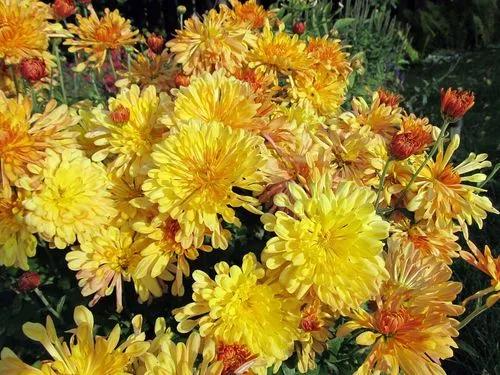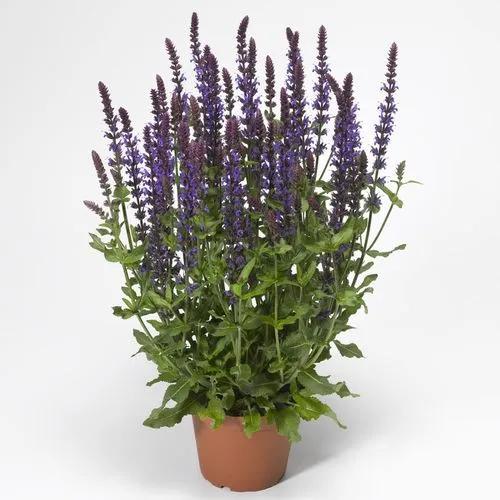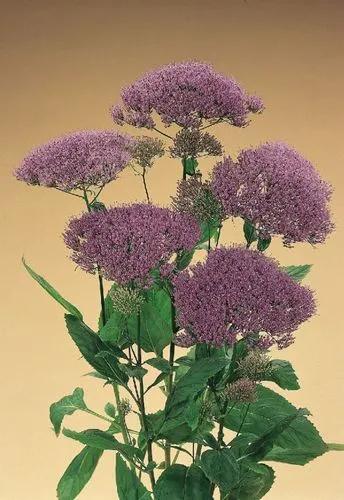Salvia verticillata, the lilac sage or whorled clary, is a herbaceous perennial native to a wide area ranging from central Europe to western Asia, and naturalized in northern Europe and North America. It was first described by Carl Linnaeus in 1753.
Whorled Clary Care
Salvia verticillata



What is the plant
Salvia verticillata has a leafy base of mid-green leaves covered with hairs, putting up leaf-covered stems that carry 3 feet (0.91 m) inflorescences. The tiny lavender flowers grow tightly packed in whorls, with tiny lime-green and purple calyces. The specific epithet verticillata refers to the whorls that grow in verticils. A cultivar introduced in the 1990s, 'Purple Rain', is much more showy and long-blooming, growing about 2 feet (0.61 m) tall.
This plant is useful.
How to get rid of: Remove faded flower spikes.
How to Care for the Plant

Popularity

213 people already have this plant 37 people have added this plant to their wishlists
Ease your plant care routine with PlantIn's personalized system.
What's wrong with your plant?
Related Plants
Discover more plants with the list below
Popular articles






